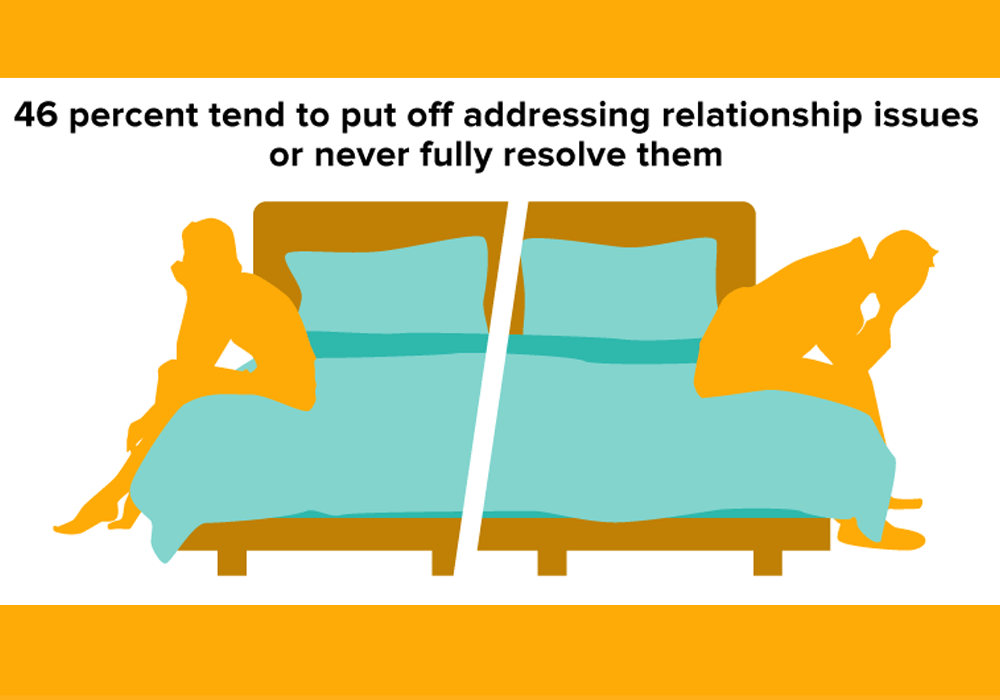
Hypoactive Sexual Desire Disorder (HSDD)
Sometimes you want sex, sometimes you don’t. That’s normal. Every woman has her own level of what is considered “normal” based on their own experiences and biology.

Why aren’t couples talking about sex? Despite increasing public acceptance of sex as an everyday topic and a trend towards more empowered health consumers, people continue to feel uncomfortable talking about sexual health issues—even behind closed doors.
A new national survey from the American Sexual Health Association, in partnership with Men’s Health Network, HealthyWomen and Pfizer highlights the gap between people’s belief in the importance of sexual health and their avoidance of addressing related issues.
The survey included 3,015 adults aged 40-74 who are sexually active and in committed relationships where at least one partner is experiencing one or more sexual health issue. Key findings include the following:
Sexual health is an important part of overall physical and mental well being and has an impact on quality of life for both men and women. But despite its importance, embarrassment and discomfort in discussing sexual health issues remains a barrier—both for couples and healthcare providers.
ASHA has resources to help couples get past embarrassment and disappointment and start talking about issues affecting their sex lives and sexual health and how and when to seek help.

Sometimes you want sex, sometimes you don’t. That’s normal. Every woman has her own level of what is considered “normal” based on their own experiences and biology.

Sex shouldn’t hurt…But sometimes it does. Between 10% and 20% of women in the U.S. experience persistent pain during sex—a condition referred to as dyspareunia.

For some women, reaching orgasm can be difficult. Fortunately, there are steps you can take to address the problem and have a more satisfying sex life.

When a woman becomes sexually aroused, her body will respond with physical and emotional changes. For some women, though, this arousal response doesn’t happen as expected. The desire may be there, but the body or the mind (or both) don’t respond.

Sociologist, sexologist and relationship expert Dr. Pepper Schwartz joins our Sex+Health podcast for a three-part discussion on the range of female sexual difficulties and offers practical advice and resources for women (and their partners).

If you struggle with incontinence and have concerns about leaking during sex, you’re not alone. The American Foundation for Urologic Disease reports that one in three women with stress incontinence avoids sex due to fears of leaking during intercourse or orgasm. But incontinence during sex
ASHA believes that all people have the right to the information and services that will help them to have optimum sexual health. We envision a time when stigma is no longer associated with sexual health and our nation is united in its belief that sexuality is a normal, healthy, and positive aspect of human life.
ABOUT
GET INVOLVED
ASHA WEBSITES
GET HELP
© 2025 American Sexual Health Association